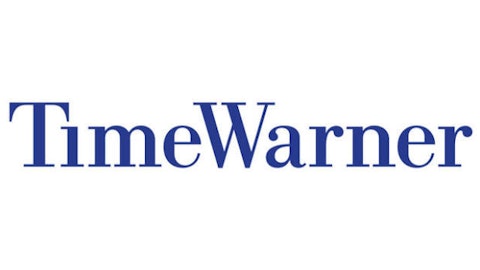Last Friday, the three media giants that own video streaming service Hulu — The Walt Disney Company (NYSE:DIS), Twenty-First Century Fox Inc (NASDAQ:FOX), and Comcast Corporation (NASDAQ:CMCSA) — called off the planned sale of Hulu. Instead, the three companies decided to double down by investing $750 million in the service.

Fool me twice, shame on me
Hulu’s owners first considered selling the service in 2011. Many onlookers were confused by the move, because most of Hulu’s value is derived from the content its owners supply. Hulu’s owners also seemed fairly ambivalent about the sale process, and so it was not very surprising when they ultimately decided to call off the sale.
When the three owners put the site up for sale again this year, they seemed more determined about unloading it. Two serious bidders emerged: DIRECTV (NASDAQ:DTV) and a joint venture between AT&T Inc. (NYSE:T) and Peter Chernin. Both DIRECTV (NASDAQ:DTV) and AT&T Inc. (NYSE:T) were clearly interested in gaining a foothold in the next generation of entertainment: Internet TV. Time Warner Cable Inc (NYSE:TWC) expressed interest in making a minority investment alongside the current owners — a possibility that is still on the table).
According to multiple media reports, the bidders were willing to pay in excess of $1 billion for Hulu. In other words, the current owners had good offers if they really wanted to sell. However, Hulu’s owners ultimately decided that they could create more value by holding on to Hulu and building it into a world-class entertainment platform.
New strategic directions?
If Hulu’s owners weren’t willing to accept even competitive bids, why did they bother going through the sale process at all? This may have a lot to do with the perennial struggle between The Walt Disney Company (NYSE:DIS) and Twenty-First Century Fox Inc (NASDAQ:FOX) over the site’s strategic direction (Comcast Corporation (NASDAQ:CMCSA) is a silent partner because of regulatory requirements). The Walt Disney Company (NYSE:DIS) has preferred to focus on the free ad-supported site, whereas Fox has been more interested in building Hulu Plus into a viable subscription service.
With The Walt Disney Company (NYSE:DIS) and Twenty-First Century Fox Inc (NASDAQ:FOX) unable to reach a consensus, and Comcast Corporation (NASDAQ:CMCSA) unable to cast a deciding vote, the companies may have wanted to sell Hulu just to break the logjam. However, the process of valuing Hulu may have led the companies to conclude that they should make an effort to agree on the site’s long-term strategy instead.
In all likelihood, the decision to call off the sale means that Hulu will double down on the Hulu Plus service. The clearest evidence is a comment from Twenty-First Century Fox Inc (NASDAQ:FOX) CEO Rupert Murdoch, who said the two companies needed to get on the same page and that he “was always on that page.” Fox always preferred the subscription model, and Murdoch’s words imply that Disney eventually caved in.
Hulu’s free site is already profitable, whereas Hulu Plus loses money because of its higher content costs. The most likely way for Hulu’s owners to justify their $750 million investment is to invest even more heavily in content for Hulu Plus, while reducing the availability of free content to drive more users to the subscription service. Obviously, Hulu hasn’t mapped out a clear strategic plan yet, but a move away from free content seems like the most likely action at this juncture.




